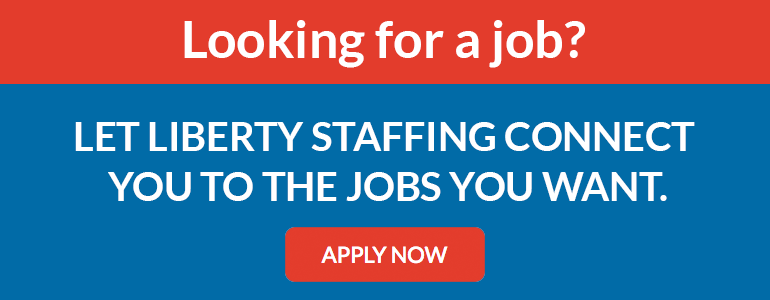 When you work with other people, communication becomes one of the most important facets of your skillset. While technical skills are necessary for many roles, nearly any position can be improved with solid communication skills. That’s because communication extends beyond simply relaying information; it helps forge the interpersonal connections that are an essential component of a thriving workplace. Let’s look at what this key soft skill can do for you and how to improve as a communicator.
When you work with other people, communication becomes one of the most important facets of your skillset. While technical skills are necessary for many roles, nearly any position can be improved with solid communication skills. That’s because communication extends beyond simply relaying information; it helps forge the interpersonal connections that are an essential component of a thriving workplace. Let’s look at what this key soft skill can do for you and how to improve as a communicator.
Why Communication Skills Matter
You could be the most technically skilled employee out there, but if you can’t effectively collaborate, delegate, and receive feedback, you won’t be the best employee you can be. Employers want to trust employees to fully communicate with each other without needing external help. The best communicators not only express their ideas clearly and intelligently but also interpret communication from others in a thoughtful, considered manner. There are three kinds of communication you should be aiming to improve to become a master of workplace interaction.
Understand 3 Different Types of Communication
1. Verbal Communication
Verbal communication is often the first thing that comes to mind when we think of workplace interactions. It encompasses the words we choose when speaking to colleagues, clients, or managers. In face-to-face conversations or during meetings, verbal communication skills are vital for ensuring clarity and preventing misunderstandings. Tone of voice, clarity of speech, and active listening are essential components of effective verbal exchanges.
2. Non-Verbal Communication
Non-verbal communication includes all the subtle elements that communicate messages to others without words. This involves body language, eye contact, facial expressions, and body movement. These cues are critical in conveying emotions and intentions, often serving to underscore the spoken word or signal when the verbal message needs clarification. Understanding how your non-verbal behaviors impact others’ perceptions will make your workplace interactions smoother and more productive.
3. Digital Communication
Emails, instant messaging, video conferencing, and social media platforms all comprise digital communication channels that facilitate collaboration in modern workplaces. To navigate these, it's important to fine-tune written communication skills, ensuring clarity and professionalism in emails and messages. As remote teams become more commonplace, mastering digital communication becomes all the more vital. Make sure to use proper grammar and syntax to signal professionalism and avoid confusion.
3 Characteristics of Effective Communication Skills
1. Clarity and Conciseness
Clear communication involves expressing ideas in a straightforward manner and getting to the point without unnecessary details. Organizing your thoughts before communicating them can help you fine-tune your communication and avoid wasting time or confusing your audience. Be direct and use simple language that everyone can understand. Whether through verbal communication in meetings or written communication in emails, clear and concise information helps everything proceed smoothly.
2. Workplace Empathy
Empathy in communication is about understanding and being sensitive to the feelings and perspectives of others. You don't just need to consider what you say, but also how you say it. Empathetic communication requires paying attention to nonverbal cues such as body language, facial expressions, and tone of voice. These nonverbal components often convey more than words can express alone and can help identify how someone is truly feeling. Avoid disputes or difficulties by being an empathetic communicator who values the input and emotions of others.
3. Active Listening Skills
Communication is a two-way street. You aren’t just talking; you also need to listen. Active listening involves engaging fully with a conversation to understand the speaker's message and intentions without interruptions. One core technique of active listening is to maintain eye contact, which signals to the speaker that you are engaged and interested in their message. Alongside this, using affirmative body language, such as nodding, encourages the speaker. Verbal affirmations like "I understand" or "That makes sense" help reinforce that you are following the conversation closely.
Find Expert Career Guidance with Liberty Staffing Services
Hopefully, this guide has been helpful in learning where to start improving your communication skills. Navigating the job market can be challenging, but with the expert career guidance at Liberty Staffing Services, you're never alone. Our agency specializes in connecting job seekers with their ideal employment opportunities. Whether you're starting your career or looking for a new direction, our team is here to help you every step of the way.
Don't wait—start your journey to career success with Liberty Staffing now!


